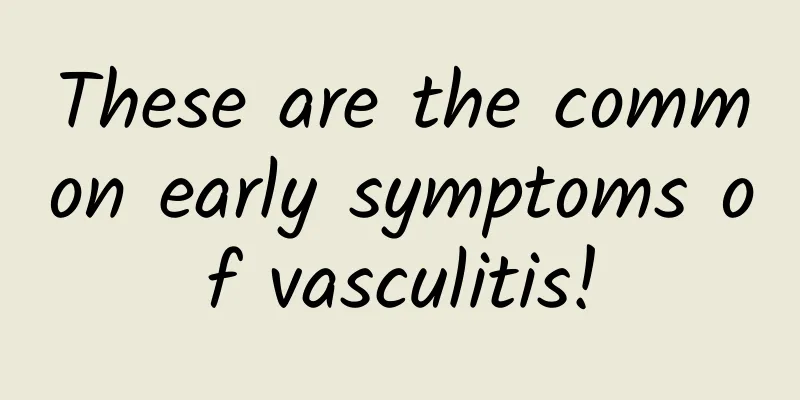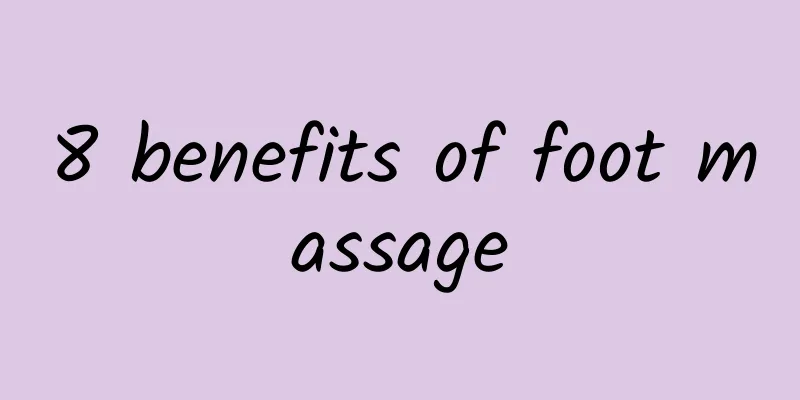What is the remedy for dizziness?

|
Vertigo can cause people to feel dizzy, nauseous and weak for no reason. Also, it should be noted that vertigo is caused by lesions in the vestibular area. It is a symptom rather than a disease. If the patient has severe pale complexion, cold limbs, and cold sweats all over the body during the onset of the disease, timely attention should be paid. TCM treatment of vertigo Vertigo is characterized by a dizzy feeling during an attack, and even symptoms of autonomic nervous system disorders such as nausea, vomiting, and cold sweats. One thing to note is that vertigo usually reflects a lesion in the vestibular area. It is a symptom, not a disease. There are two main types of vertigo: true vertigo and false vertigo. The harm of vertigo is due to the symptoms. Patients generally experience recurrent episodes of vertigo, accompanied by deafness, tinnitus, and stuffy ears. They may also be accompanied by symptoms such as double hearing, nausea, vomiting, cold sweats, pale complexion, and cold limbs. Causes There are many diseases that cause vestibular lesions. Generally speaking, the following causes can be summarized: Vestibular lesions are located in a complex neuroanatomical area that contains a network of communications from the corticospinal tracts, cerebellum, pons, brainstem, and eighth cranial nerve. Therefore, lesions in this area can be divided into peripheral nerves and central nerves based on the neuroanatomical relationship. Vertigo caused by peripheral neuropathy is often accompanied by tinnitus, hearing loss, and eye tremors in a unique peripheral form. Vertigo due to central nervous system disease, in which the eye tremors present a specific brainstem pattern. The summary is as follows: 1. Peripheral nerve disease 1. Benign paroxysmal vertigo: This type of vertigo is very common in outpatient clinics, and is more common in the elderly. There are often special triggering postures. After a few minutes of attack, if you stop moving, the vertigo will stop, but if the position changes again, the vertigo will occur again. Without any treatment, the symptoms will resolve on their own within six months. Regarding the cause of this disease, the current popular theory is that the otoliths that control balance in the inner ear degenerate and fall off, forming small free particles. When the posture changes, it will affect the flow of endolymph and cause vertigo. Another theory is that a small passage grows from the middle ear to the inner ear, affecting the pressure difference between the left and right sides and causing vertigo. 2. Meniere’s disease: It is still a mysterious disease. Anatomical evidence shows that the main pathological changes of Meniere's disease are unexplained local edema of the endolymph and destruction of the auditory nerve and semicircular canal cells. Patients may experience tinnitus, ear pain, hearing loss, and eye twitching. The attacks are paroxysmal, each lasting from a few minutes to a few hours, and then gradually subside. Over the next few months, the disease will recur at irregular intervals, and with each attack, some hearing loss will occur, until the patient becomes completely deaf. 3. Acute labyrinthitis: Acute labyrinthitis is often associated with viral infection. In this case, symptoms of an upper respiratory tract infection usually occur first, followed by a slow onset of dizziness. The most severe dizziness occurs about three days later, and recovery will then take about three to six weeks. 4. Ototoxic substances or drugs: One of these symptoms usually resolves after stopping the medication. 5. Acoustic neuroma: This is a benign tumor of the eighth cranial nerve. Regardless of whether a brain tumor is benign or malignant histologically, it is a bad tumor as long as it compresses important nerves and causes neurological symptoms. As mentioned earlier, the neural network in the vestibular area is quite complex and important. Therefore, compression of the auditory nerve will cause hearing loss, compression of the vestibule will cause vertigo, and compression of the cerebellum will cause symptoms of imbalance. If the junction of the cerebellum and the pons is invaded, many brainstem symptoms will appear. Generally speaking, the symptoms caused by tumor diseases will become more severe over time, and the difficulty of surgery will also increase. Therefore, the earlier the disease is detected and the earlier the treatment is, the smaller the sequelae will be. Unfortunately, by the time patients experience symptoms, the tumor has usually already grown very large. https://static.cndzys.com/20160929/4dd75e06fdcaebadcbcaab2f55bf397a.jpg |
<<: Best treatment for scleroderma
>>: The correct way to take a sitz bath for hemorrhoids
Recommend
Will armpit odor recur after surgery?
Many people have some unspeakable problems such a...
Does gout affect your sex life?
Gout and sexual life seem to be two different con...
What causes intermittent headaches?
In real life, intermittent headaches are a relati...
Medicinal value of snow lotus
Most people don’t know about the medicinal value ...
Causes of renal failure
Renal failure is a chronic, cumulative kidney dis...
Methods of Traditional Chinese Medicine for Treating Thin and Yellow Leucorrhea
If the leucorrhea is thin and yellow, you should ...
What should I do if my baby's fever goes down but there is no rash?
As the baby's body is growing and developing,...
Who is suitable to take Cordyceps sinensis
It is okay for adults to eat Cordyceps sinensis b...
What is the cause of otitis media bleeding? It is because of doing this for a long time
The main group of people who suffer from otitis m...
Treatment of renal cysts in women
Women are also prone to kidney cysts. After getti...
Panax notoginseng symptoms
Panax notoginseng is a relatively common Chinese ...
What is gonadotropin-releasing hormone
After secretion, the human hypothalamus will stim...
What should not be taken with Maca?
Since maca is a traditional Chinese medicine, the...
What should I do if my baby has a rash on his butt?
Red rash on the baby's buttocks is a skin sym...
How to unclog ears
The symptoms of ear blockage can be improved by c...









